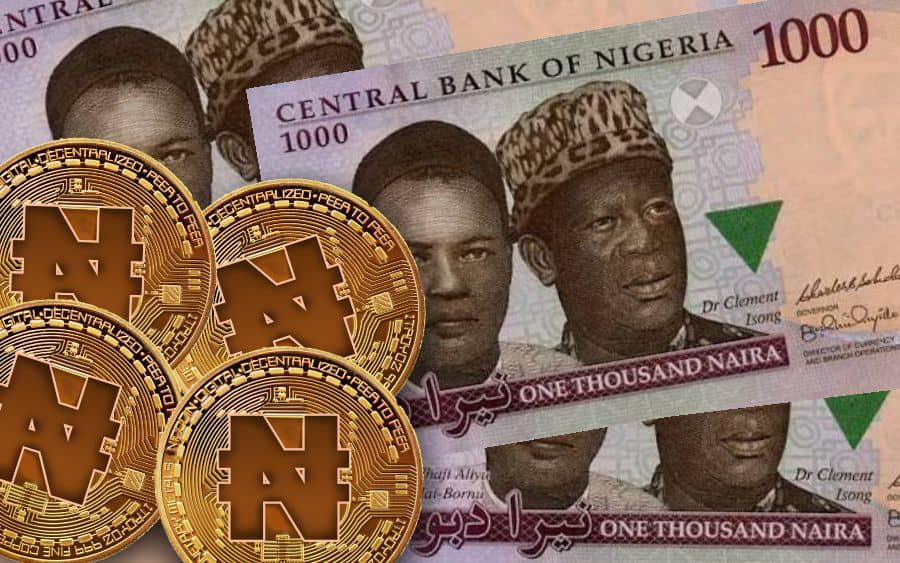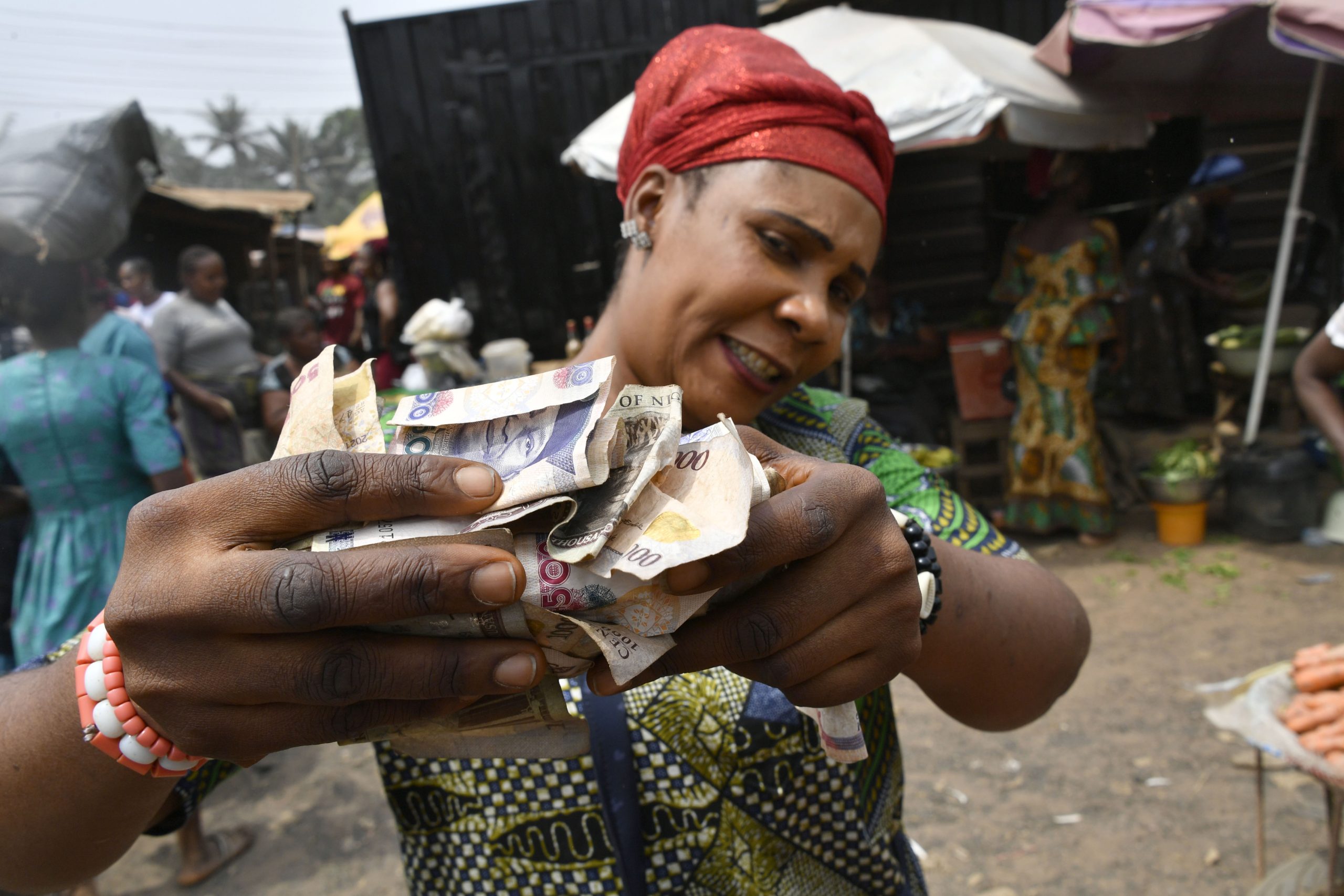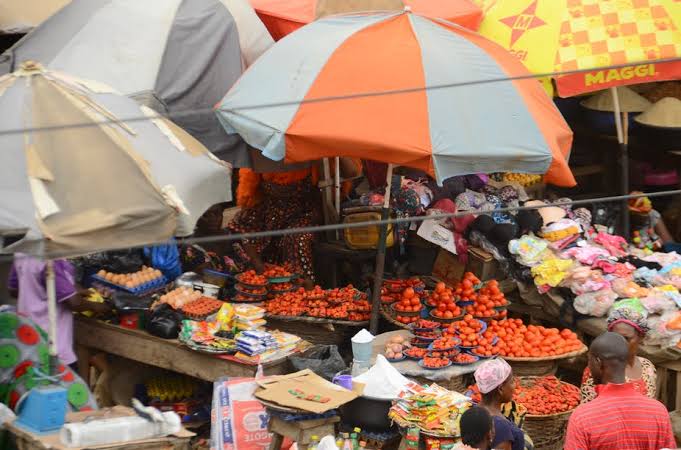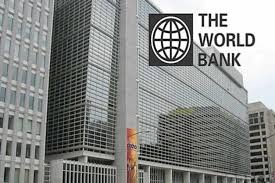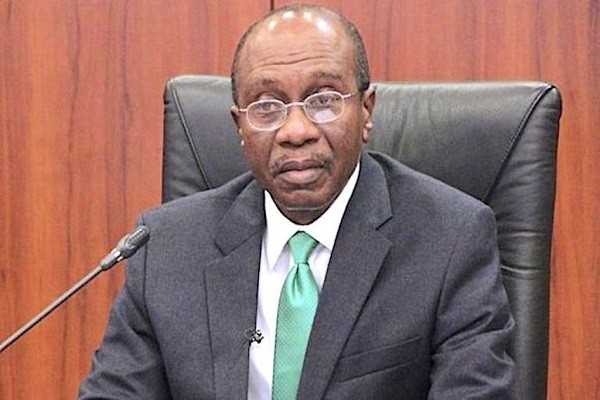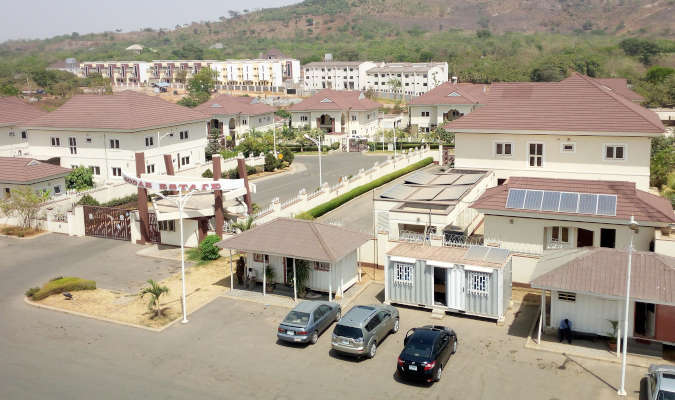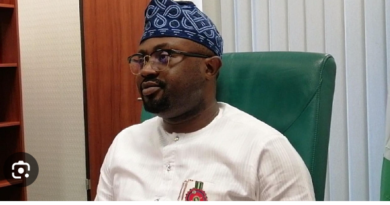Money Supply Rises to N114tn in March Despite CBN’s Record-High Tightening
Nigeria’s broad money supply jumped to N114.22 trillion in March 2025, despite aggressive tightening by the Central Bank of Nigeria (CBN), which raised the Cash Reserve Ratio (CRR) to 50 per cent — one of the highest globally. This new figure marks a 24 per cent increase from N92.19 trillion recorded in March 2024. Every month, it also climbed by 3.2 per cent from N110.71 trillion in February.
The latest money and credit report by the CBN shows this increase was driven mainly by a sharp rise in net foreign assets, which surged by 38.9 per cent to N45.17 trillion. However, net domestic assets dropped by 11.7 per cent to N69.05 trillion, reflecting the tighter liquidity condition within the country.
So, why is the money supply growing when the CBN is tightening so hard?
The rise seems to be linked to external inflows and revaluation gains, which are making up for the liquidity controls. Government borrowing and growth in foreign asset holdings are also believed to be pushing up overall liquidity levels, defying the effects of the CBN’s tightening tools.
Between January and March 2025, broad money supply (M3) increased by 2.8 per cent, from N111.11 trillion to N114.22 trillion.
There’s also growing concern over the high level of physical cash in circulation. Out of the N5.00 trillion total cash in the economy, N4.6 trillion — or about 91.9 per cent — is held outside the banks. This is a significant rise from N3.63 trillion in March 2024 and shows that Nigerians are still heavily reliant on cash, especially in informal sectors.
The first quarter of the year showed consistent dominance of cash. In January 2025, N4.74 trillion was outside banks (90.5 per cent), and in February, N4.52 trillion (89.6 per cent). These figures reveal deep-rooted issues with banking access, trust in digital platforms, and economic behavior driven by inflation and rising living costs.
According to the National Bureau of Statistics, inflation rose to 24.23 per cent in March, up from 23.18 per cent in February. Month-on-month inflation also spiked by 3.90 per cent, pushing more Nigerians to keep cash for quick access and to avoid transaction failures.
In addition, M2 — a measure that includes savings and time deposits — rose to N114.20 trillion in March, compared to N91.95 trillion a year ago. Narrow money (M1), which includes currency and demand deposits, also grew 19.7 per cent year-on-year to N38.55 trillion.
Despite the CBN’s unprecedented CRR, this persistent rise in money supply presents a challenge to the Monetary Policy Committee (MPC), which is scheduled to meet again on May 19 and 20, 2025.
At its last meeting in February, the MPC kept interest rates steady, but with rising inflation, increasing cash outside banks, and high foreign inflows, pressure is mounting for stronger action. Many experts expect another rate hike. However, there are concerns that more tightening could harm economic recovery and raise loan costs for businesses and households.
The CBN’s current Monetary Policy Rate (MPR) is 27.50 percent—the fifth highest in the world. Only Venezuela (59.4%), Turkey (45%), Zimbabwe (35%), and Argentina (29%) have higher rates. Mustapha Akinkunmi, a member of the MPC, revealed this, highlighting Nigeria’s struggle with inflation and currency instability.
Meanwhile, the International Monetary Fund (IMF), after its consultation mission to Nigeria in April, encouraged the CBN to maintain its tight policy stance. It also recommended announcing a formal disinflation path to help manage inflation expectations and boost market confidence.
Tips and Recommendations:
- For policymakers: Focus on fixing structural issues that fuel cash reliance, like banking failures and low digital trust.
- For businesses: Prepare for potential rate hikes that may affect loan interest and business capital.
- For citizens: Understand how monetary policies affect prices and personal finance; consider safer savings and budgeting strategies amid inflation.



